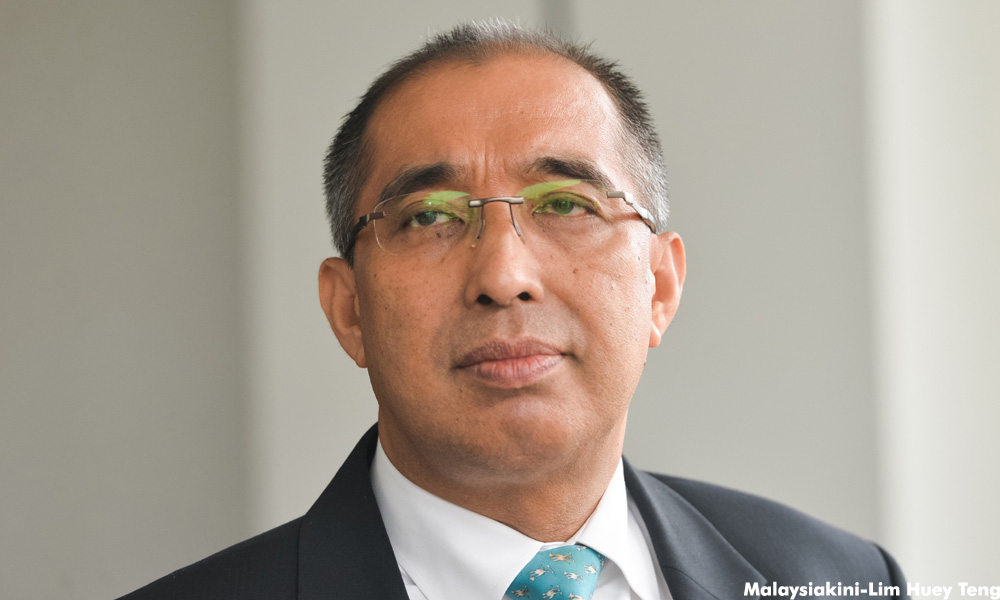
An Umno minister today drew distinctions among a few preventive laws used by the government under the regimes of the different prime ministers.
In his blog posting today, Salleh Said Keruak claimed the defunct Internal Security Act 1960 (ISA), which was used in three crackdowns in the 1980s and 1990s, were meant to retain the power of the government.
However, the other preventive laws used under the current administration, Salleh said, were mainly done to address national security issues.
"There are parties accusing the current administration. To prove the point, the Security Offences (Special Measures) Act 2012 (Sosma), Preventive of Terrorism Act (Pota) and the National Security Council Act were mentioned as proof that this is an undemocratic country," he said.
Such accusations, he said, were being twisted, since these were laws formulated in the spirit of Article 149 of the Federal Constitution, to control national security.
"These preventive laws are indeed 'hard power' that are used all over in the world, be it in democratic countries or communist countries," Salleh claimed.
"The preventive Acts were constantly used in the past. For instance, ISA during the Memali tragedy in 1985, Ops Lalang in 1987 and in 1998 to contain Anwar from challenging the country leadership.
"The differences were the ISA was used to maintain the power of the ruling body, but now, the (newer) laws are used to control national security," the communication and multimedia minister said, without naming any leader.
The Memali tragedy
The Memali tragedy took place on Nov 19, 1985, in which 14 people were killed by police who were trying to capture renowned religious scholar Ibrahim Mahmud (Ibrahim Libya) during a siege on his camp in Memali, Kedah.
Ops Lalang was the major crackdown under the rule of Dr Mahathir Mohamad, purportedly done to prevent racial riots and resulted in 106 activists and politicians arrested and detained.
The government abolished ISA in 2012 and replaced it with Sosma, which allows detention without trial for 28 days, and it has raised concerns among human rights groups and the opposition.
In defending Sosma, Salleh said the law was open to the assumption of "not guilty until proven guilty" and allows members of the public to challenge the Act in court, unlike ISA, which imposed detention without trial.
"Sosma is not arbitrarily used, like the ISA," he said, citing a High Court decision on May 20, 2013, that ruled the detention of detainees Yazid Sufaat, Halimah Hussein and Muhammad Hilmi Hasim could only be implemented to address security threats in accordance with the constitution.
"It is obvious that Sosma is not ISA. The question is, if the detention of political rivals under the ISA by the former leader was done in a democratic manner, why is the current government, which repealed the law, (criticised) as undemocratic?
"We need to act fairly in assessing the matter. This is because the government today is more democratic in executing its duties for the country," Salleh added.- Mkini



No comments:
Post a Comment
Note: Only a member of this blog may post a comment.